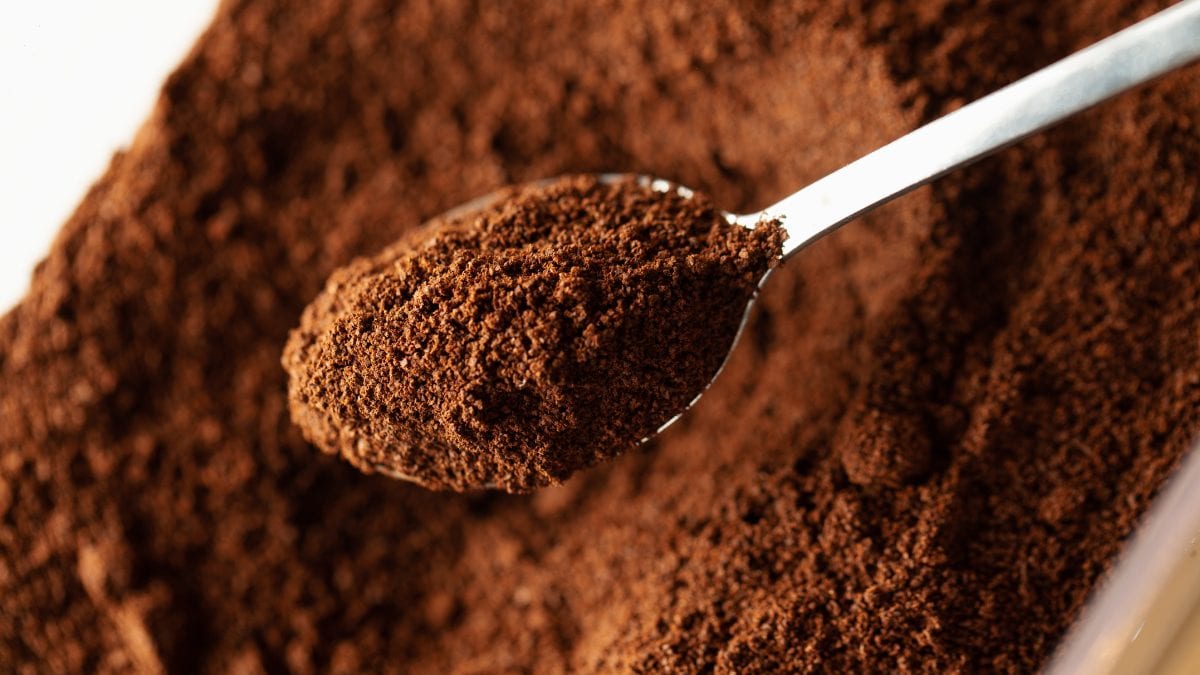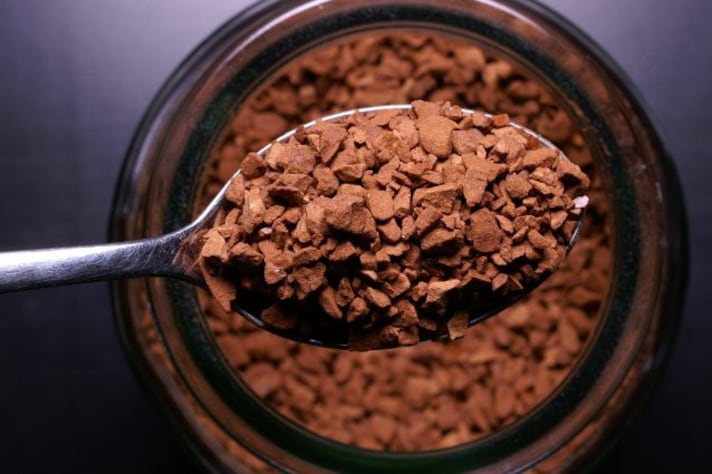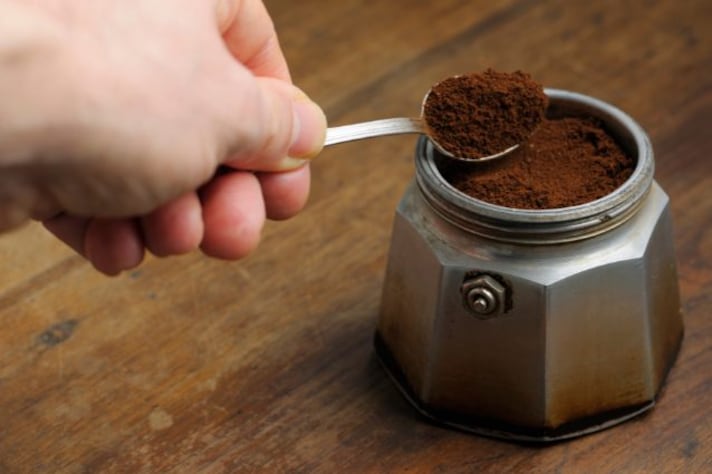
It’s early, you’re groggy, and the coffee scoop is nowhere to be found. So, you grab a spoon. No big deal, right? Actually—big deal. Measuring coffee with a spoon is like using a butter knife to build IKEA furniture. It’s wildly inconsistent and sets you up for a cup that’s either face-puckeringly strong or disappointingly weak. And when you’re dealing with the first taste of your day, that’s not a risk worth taking.
Grind Size + Spoon = Chaos in a Cup
Not all coffee grinds are created equal, and this is where spoons fall flat. Whether you’re using a coarse grind for French press or a finer one for espresso, the volume per spoonful shifts dramatically. A tablespoon of light, fluffy grounds is not the same beast as a dense, dark roast. That margin of error means one spoonful might be 5 grams, the next could be 9. You’re basically playing Russian roulette with your caffeine fix.

The Golden Ratio Deserves a Gold Standard
Coffee isn’t rocket science, but it’s close. The golden ratio—roughly 1:16 coffee to water by weight—is the north star for consistently great brews. Using a scale removes guesswork and makes sure your coffee doesn’t taste like dirty water or melted tire rubber. If you’re serious about flavor (and if you’re reading this, you probably are), a digital scale is your ticket to clarity—literally and figuratively.
Spoons Are for Stirring, Not Science
Here’s a hard truth: your kitchen spoon has zero loyalty. It varies in shape, depth, and even edge slope. Two “tablespoons” from different sets can yield different amounts. Add to that the way coffee clings to the spoon or mounds differently depending on humidity, and what you’ve got is an unreliable method dressed as convenience. Science-minded baristas don’t use spoons for a reason—it’s precision or bust.

We get it—measuring with a spoon feels easier. It’s there, it’s fast, and it requires no batteries. But that convenience is false economy. One bad cup in the morning can wreck your vibe for the whole day. We’re not saying you need to become a lab-coated coffee chemist, but embracing consistency will save you time, beans, and bitterness in the long run.
Taste Buds Don’t Lie (But They Do Complain)
If your daily cup tastes different every time, the culprit might just be your spoon. Subtle changes in measurement cause dramatic shifts in flavor, from sour under-extraction to bitter overkill. Your taste buds pick up on that, even if your sleepy brain doesn’t. Coffee isn’t just about caffeine—it’s about enjoyment. Stop sabotaging it with a careless scoop.
;Resize,width=767;)
